BOOKS BY E. M. CIORAN
Prcis de Dcomposition
Syllogismes de lAmertume
La Tentation dExister
Joseph de Maistre (Introduction et choix de textes)
Histoire et Utopie
La Chute dans le Temps
Le Mauvais Dmiurge
IN ENGLISH TRANSLATION BY RICHARD HOWARD
The Temptation to Exist
The Fall into Time
The New Gods
E. M. Cioran
Translated from the French by
RICHARD HOWARD
The University of Chicago Press
Chicago & London
The University of Chicago Press, Chicago 60637
Originally published in French as Le Mauvais Dmiurge
Copyright 1969 by ditions Gallimard
Translation 1974 by Quadrangle/The New York Times Book Co.
Renewed by Richard Howard, 2002
All rights reserved.
University of Chicago Press edition 2013
Printed in the United States of America
22 21 20 19 18 17 16 15 14 13 1 2 3 4 5
ISBN-13: 978-0-226-03710-3 (paper)
ISBN-13: 978-0-226-03724-0 (e-book)
Library of Congress Cataloging-in-Publication Data
Cioran, E. M. (Emile M.), 19111995.
[Mauvais dmiurge. English. 2013]
The new gods / E. M. Cioran; translated from the French by Richard Howard.
pages; cm
ISBN 978-0-226-03710-3 (paperback: alkaline paper) ISBN 978-0-226-03724-0 (e-book) 1. Creation. 2. Good and evil. 3. Theological anthropology. 4. Suicide. I. Howard, Richard, 1929, translator. II. Title.
BL226.C5613 2013
210dc23
2012034545
 This paper meets the requirements of ANSI/NISO Z39.48-1992 (Permanence of Paper).
This paper meets the requirements of ANSI/NISO Z39.48-1992 (Permanence of Paper).
THE DEMIURGE
With the exception of some aberrant cases, man does not incline to the good: what god would impel him to do so? Man must vanquish himself, must do himself violence, in order to perform the slightest action untainted by evil. And each time he succeeds, he provokes or humiliates his Creator. If he manages to be goodno longer by effort or calculation, but by naturehe owes his achievement to an inadvertence from on high: he situates himself outside the universal order; he was foreseen by no divine plan. It is difficult to say what station the good man occupies among what we call beings, even if he is one. Perhaps he is a ghost?
The good is what was or will beit is what never is. Parasite of memory or of anticipation, past or possible, it cannot be actualpresentnor subsist in and of itself: as such, consciousness knows it not, and apprehends it only when it disappears. Everything proves its insubstantiality; the good is a great, unreal force, a principle which has miscarried from the start: lapse, immemorial failure, its effects are accentuated with the course of history. In the beginning, in that primal promiscuity where the swerve toward life occurred, something unspeakable must have happened which continues in our discomforts, if not in our reasonings. Who could help concluding that existence has been vitiated at its source, existence and the elements themselves? The man who fails to envisage this hypothesis at least once a day has gone through life as a sleepwalker.
...
It is difficult, it is impossible to believe that the Good LordOur Fatherhad a hand in the scandal of creation. Everything suggests that He took no part in it, that it proceeds from a god without scruples, a feculent god. Goodness does not create, lacking imagination; it takes imagination to put together a world, however botched. At the very least, there must be a mixture of good and evil in order to produce an action or a work. Or a universe. Considering ours, it is altogether easier to trace matters back to a suspect god than to an honorable one.
The Good Lord was certainly not equipped for creating: He possesses everything except omnipotence. Great by His weaknesses (anemia and kindness are partners), He is the prototype of ineffectuality: He can help no one.... Moreover, we cling to Him only when we cast off our historical dimension; as soon as we resume it, He is alien to us, incomprehensible: He has nothing which fascinates us, nothing of the monster. Whereupon we turn to the creator, inferior and officious god, instigator of events. In order to understand how he could have created, we must imagine him at grips with evil, which is innovation, and with good, which is inertia. This struggle must have been fatal to evil, which was thereby obliged to endure the contamination of goodthus, the creation could not be altogether wicked.
Since evil presides over all that is corruptible, in other words over all that is alive, it is absurd to try to prove it comprises less being than good does, or even that it contains none at all. Those who identify evil with nothingness suppose they are thereby saving their poor Good Lord. We save Him only if we have the courage to sever His cause from that of the Demiurge. Having refused to do so, Christianity inveterately sought to impose the inevidence of a merciful Creator: a hopeless enterprise which has exhausted Christianity and compromised the God it sought to preserve.
We cannot help thinking that the Creation, had it remained in the rough, neither could be completed nor deserved to be; the Creation is in fact a fault, mans famous sin thereby appearing as a minor version of a much graver one. What are we guilty of, except of having followed, more or less slavishly, the Creators example? Easy to recognize in ourselves the fatality which was His: not for nothing have we issued from the hands of a wicked and woebegone god, a god accursed.
...
Some doomed to believe in the supreme but impotent God, others in the Demiurge, still others in the Devil, we choose neither our venerations nor our blasphemies.
The Devil is the representative, the delegate of the Demiurge, whose affairs he manages here on earth. Despite his prestige and the terror attached to his name, he is merely an administrator, merely an angel assigned to a menial taskto history.
Quite different is the sway of the Demiurge: how, in his absence, would we face our ordeals? If we were equal to them, or even worthy of them to some degree, we could abstain from invoking him. Before our evident inadequacies, we cling to him, we even beg him to exist: if he were to turn out to be a fiction, conceive our distress, our shame! Upon whom else would we vent our failures, our miseries, ourselves? Appointed by our fiat the author of our deficiencies, he serves as our excuse for all we cannot be. When furthermore we make him assume the responsibility for this defective universe, we enjoy a certain peace: no more uncertainty about our origins or our prospects, but the utmost security in the insoluble, outside the nightmare of promises. His merit is indeed inestimable: indeed he releases us from our regrets, since he has taken upon himself even the initiative of our defeats.
It is more important to recover, in divinity, our vices than our virtues. We are resigned to our qualities, whereas our defects pursue us, torment us. What a comfort, what a reassurance to be able to project them into a god susceptible of falling to our level, a god not confined in the insipidity of commonly acknowledged attributes. The Demiurge is the most useful god who ever was. If he were not under our hand, where would our bile be poured out? Each and every form of hate tends as a last resort toward him. Since we all believe that our merits are misunderstood or flouted, how admit that so general an iniquity could be the doing of mere man? It must go back further and belong to some ancient dirty work, to the very act of the Creation. Thus we know whom to blame, whom to disparage: nothing flatters and sustains us so much as being able to put the source of our indignity as far away from us as possible.
Next page
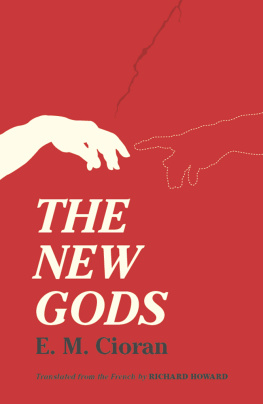
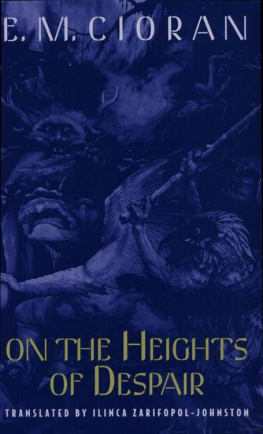
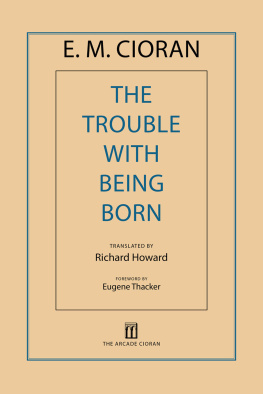
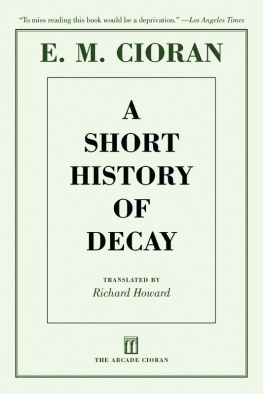
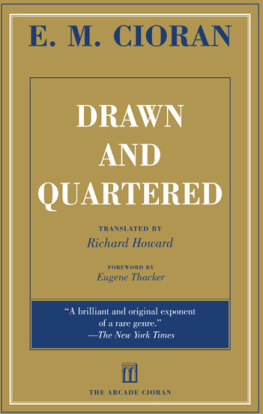
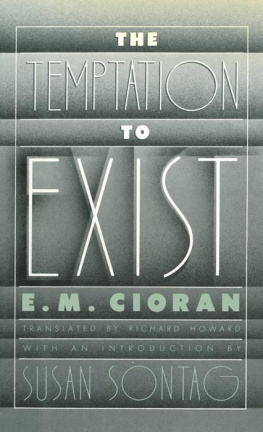
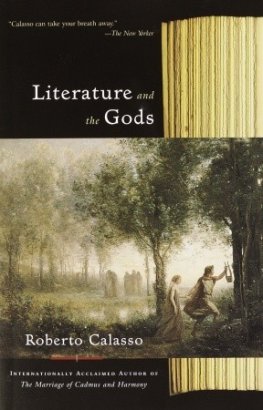

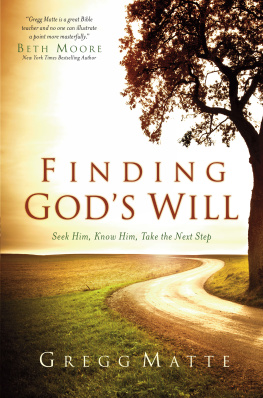
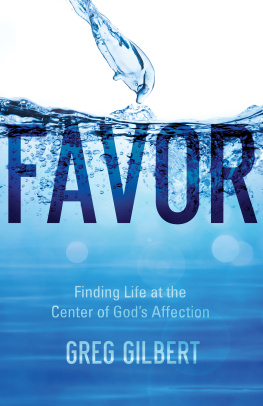
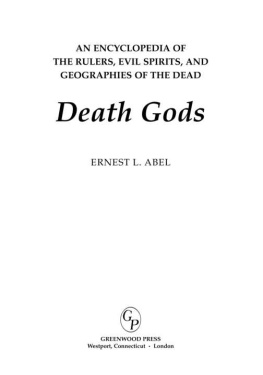
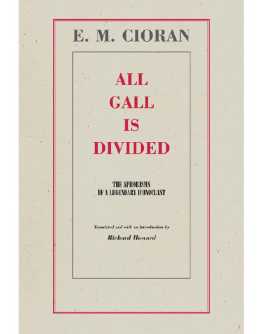
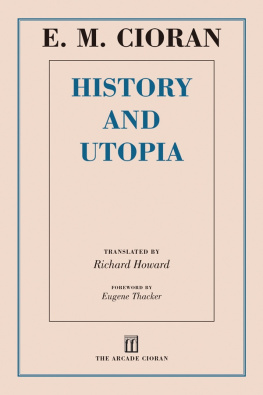
 This paper meets the requirements of ANSI/NISO Z39.48-1992 (Permanence of Paper).
This paper meets the requirements of ANSI/NISO Z39.48-1992 (Permanence of Paper).